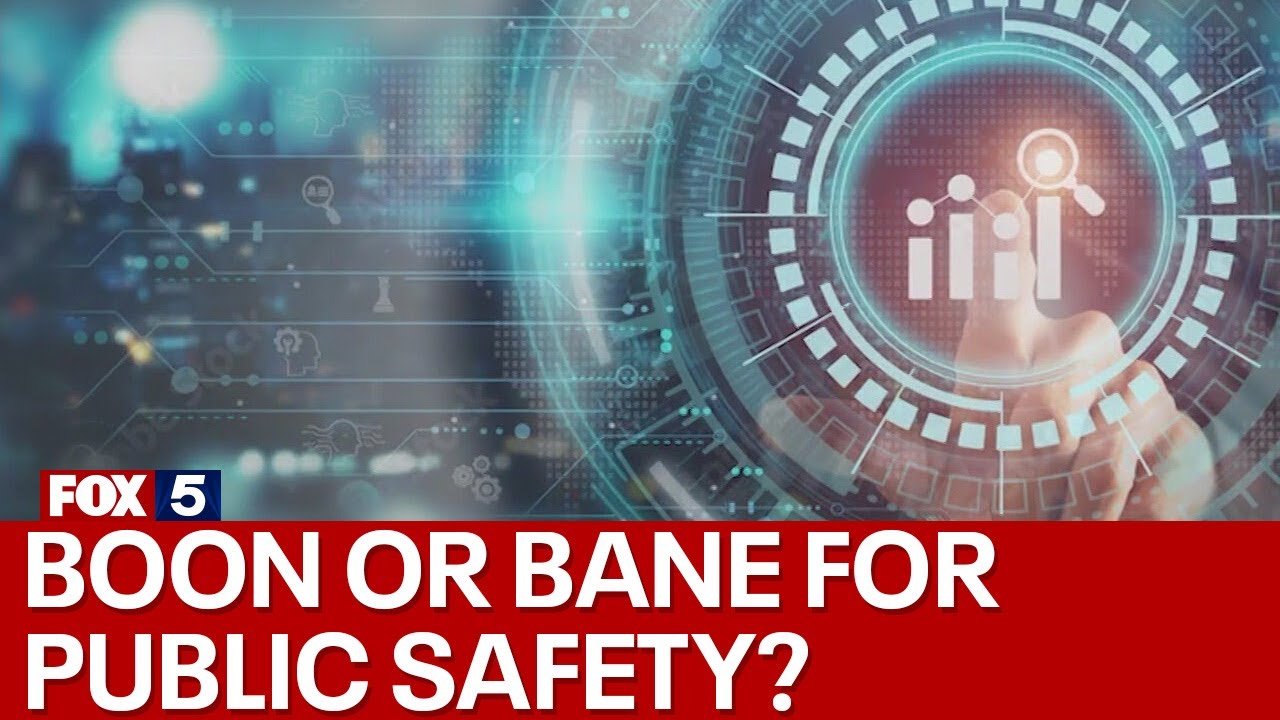
Artificial Intelligence (AI) holds the potential to significantly improve emergency response times through a variety of applications:
AI Implementations for Enhancing Emergency Response Efficiency:
-
Autonomous Vehicles Powered by AI: These vehicles can speed up emergency response operations by rapidly transporting individuals and equipment to emergency sites.
-
AI-Enabled Decision Support Systems: Such systems offer real-time data and advice, facilitating swift decision-making in crisis situations.
-
Integrated Communication Systems: AI has the capability to establish integrated communication networks for various teams to exchange information, synchronize efforts, and stay informed, thereby decreasing response durations.
-
Chatbots Driven by AI: Chatbots can address routine queries, provide guidance to team members, and aid in making fast and well-informed decisions, ultimately cutting down on response time.
-
Predictive Analysis: AI-based algorithms can foresee potential emergencies, pinpoint risks, and formulate contingency strategies to alleviate those risks, thus enhancing response effectiveness.
-
Early Alert Systems: Machine learning algorithms scrutinize data from diverse sources to forecast disasters, offering advanced warning for evacuation and resource distribution.
-
Intelligent Traffic Management: AI improves traffic flow during crises, enabling the movement of emergency vehicles and guiding civilians away from hazardous areas.
-
Robotic Aid in Search and Rescue Operations: Robots powered by AI and equipped with sensors help in search and rescue missions by finding survivors in disaster-stricken zones, accelerating the process.
-
Chatbots for Crisis Communication: Chatbots driven by AI manage inquiries, deliver real-time updates on emergency protocols, evacuation paths, and safety measures, lightening the load on call centers.
By harnessing AI technologies such as machine learning, predictive analytics, and robotics; emergency response units can boost their effectiveness, decrease response times; thereby saving lives during critical circumstances.


